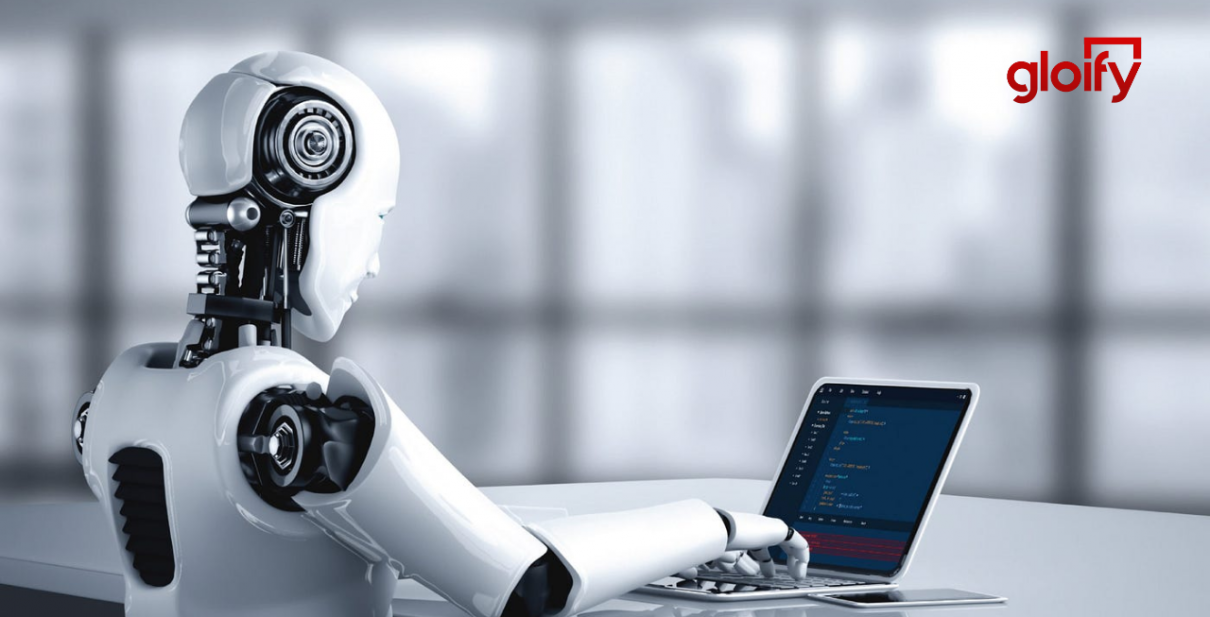Artificial Intelligence (AI) has become one of the most transformative technologies of the 21st century. Among its many applications, AI-powered development has been touted as a revolutionary force in the software industry, promising faster coding, fewer bugs, and even autonomous programming. But how much of this is reality, and how much is just hype?
In this blog post, we delve deep into the promises and limitations of AI-powered development, separating the facts from fiction and providing insights into where this technology stands today—and where it’s headed.
What is AI-Powered Development?
AI-powered development refers to the integration of artificial intelligence tools and methodologies into the software development lifecycle. This includes the use of machine learning algorithms, natural language processing, and automation tools to assist in various tasks such as code generation, debugging, testing, and project management.
Key Areas of AI Application in Development
- Code Completion and Generation: Tools like GitHub Copilot, Amazon CodeWhisperer, and TabNine offer intelligent code suggestions based on context.
- Bug Detection and Resolution: AI can detect anomalies and potential bugs in code through pattern recognition.
- Automated Testing: AI-driven platforms can generate test cases and identify edge cases that may not be obvious to developers.
- Project Management: AI tools assist in task allocation, time estimation, and workflow optimization.
- Code Review and Optimization: AI can provide suggestions to improve code quality, readability, and performance.
The Hype Around AI-Powered Development
1. “AI Will Replace Developers”
One of the most sensational claims is that AI will soon replace software developers entirely. This notion is largely exaggerated. While AI can assist in many areas, the complexity, creativity, and contextual understanding required in software development are still far beyond the reach of current AI technologies.
2. “AI Can Write Perfect Code Instantly”
The idea that AI can generate flawless code from scratch is another common misconception. While AI can generate snippets or even entire modules, these often require human oversight and fine-tuning. Generated code can have security flaws, inefficiencies, or simply not align with project goals.
3. “AI Will Drastically Cut Development Time”
While AI tools can streamline some processes, integrating and learning to use these tools effectively takes time. Moreover, many tasks—especially those involving business logic or user experience—still need human intervention.
The Reality of AI in Software Development
1. AI as a Copilot, Not a Pilot
AI is most effective when used as an assistant rather than a replacement. Tools like GitHub Copilot are aptly named—they assist in coding but don’t take the wheel entirely. They can speed up repetitive tasks and provide suggestions but still require human judgment.
2. Enhanced Productivity for Experienced Developers
AI tools often shine in the hands of experienced developers who can understand, critique, and adapt the suggestions. For beginners, these tools might offer a false sense of confidence, potentially leading to overreliance.
3. Improved Code Quality and Consistency
When used correctly, AI can help maintain coding standards and reduce the likelihood of bugs. Tools that analyze code for potential issues can catch errors that even seasoned developers might overlook.
4. Support in Legacy Code and Documentation
AI is proving particularly useful in understanding and documenting legacy code, which often lacks proper annotations and documentation. By analyzing patterns, AI can help decipher older systems and propose modernization paths.
Benefits of AI-Powered Development
1. Accelerated Development Cycles
Automation of routine tasks speeds up the development process, enabling faster release cycles.
2. Cost Efficiency
Reducing the time spent on bug fixing and testing can significantly cut down development costs.
3. Enhanced Collaboration
AI tools integrated into collaborative platforms improve team communication and task coordination.
4. Better Decision-Making
Data-driven insights from AI tools can inform better architectural and strategic decisions.
Challenges and Limitations
1. Data Privacy and Security
Using AI tools often involves sharing code with third-party platforms, raising concerns about intellectual property and data security.
2. Bias in AI Models
AI systems are trained on existing datasets, which may include biased or outdated practices. This can perpetuate poor coding standards or exclude alternative approaches.
3. Dependence on Vendor Ecosystems
Many AI tools are tied to specific platforms or ecosystems, which can limit flexibility and increase vendor lock-in risks.
4. Learning Curve and Integration
Effective use of AI tools requires time and training. Integration into existing workflows can be complex and resource-intensive.
The Future of AI in Development
1. Smarter IDEs
Integrated Development Environments (IDEs) will become more intelligent, offering real-time code analysis, debugging, and performance monitoring powered by AI.
2. AI-Driven DevOps
From CI/CD pipelines to infrastructure management, AI will play a growing role in automating and optimizing DevOps tasks.
3. Customized AI Models
Organizations will start training custom AI models on their proprietary codebases, enabling more relevant and accurate assistance.
4. Ethical and Responsible AI Development
As AI becomes more entrenched in development, ethical considerations around transparency, accountability, and fairness will take center stage.
Conclusion: Balancing Optimism with Realism
AI-powered development holds immense promise, but it is not a magic bullet. The tools available today are impressive and can significantly enhance productivity, quality, and collaboration—but they are not substitutes for skilled developers. The key to unlocking AI’s full potential lies in a balanced approach: leveraging its strengths while understanding its limitations.
As the technology matures, we can expect AI to become an even more integral part of the development ecosystem. However, the future will be shaped not just by the capabilities of AI, but by how wisely and ethically we choose to deploy it.
We at Gloify use a hybrid development approach combining Human intelligence with Machine Intelligence to develop great AI based solutions. Contact Us, to transform your idea into a great business opportunity with our AI-powered development service.

